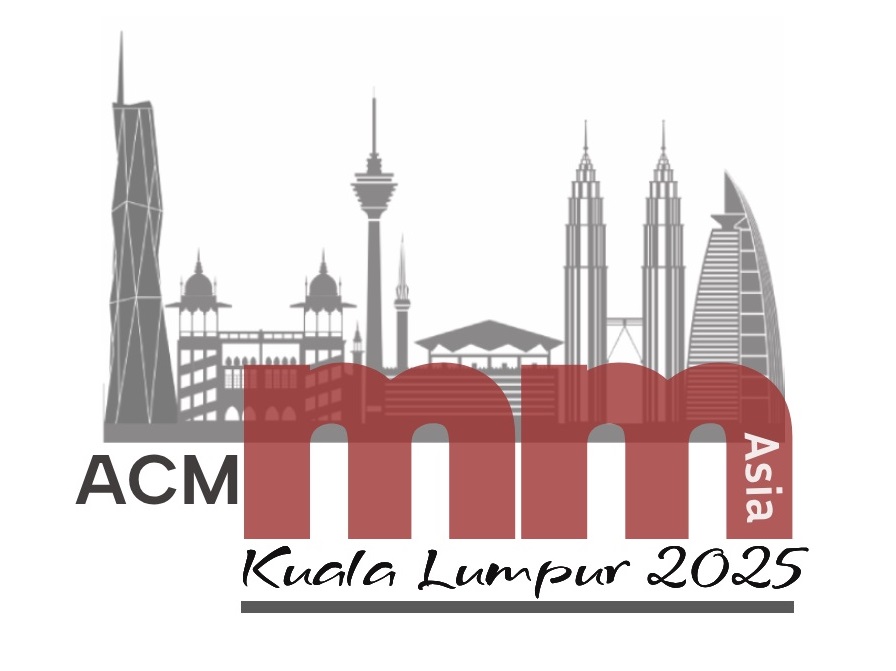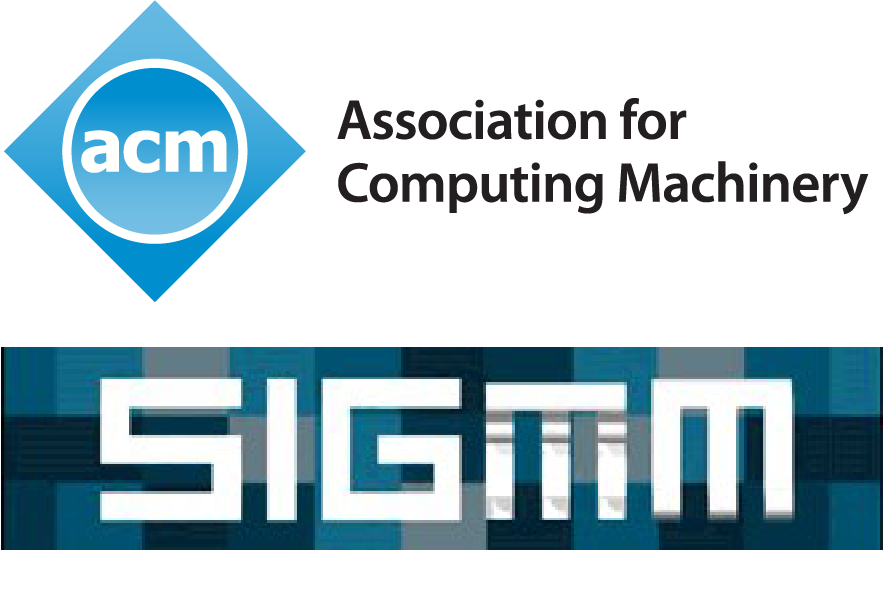Cultural Heritage Recommendation System with Multimodal Learning (CHRS-ML)
Cultural Heritage Recommendation System with Multimodal Learning (CHRS-ML)
Title
Cultural Heritage Recommendation System with Multimodal Learning (CHRS-ML)
Organizers
• Guoshuai Zhao (guoshuai.zhao@mail.xjtu.edu.cn )
• Jialie Shen (jerry.shen@citystgeorges.ac.uk )
• Xueming Qian (qianxm@mail.xjtu.edu.cn)
Abstract
Multimedia recommendation systems are rapidly emerging as one of the most exciting trends in computing, with transformative potential for how we access, interpret, and engage with information—particularly our rich and diverse cultural heritage. As cultural heritage undergoes a digital transformation, there is a growing need for innovative approaches that can model user engagement, understand interaction patterns with both tangible and intangible cultural assets, and ensure the sustainable preservation and dissemination of cultural knowledge.
With the proliferation of the Web of Things—interconnecting a vast array of edge devices and sensors deployed in museums, heritage sites, and digitization initiatives—and the evolution of the Web of Agents, which enables more autonomous, intelligent interactions, multimedia recommendation is entering a new era. This era is characterized by richer, more diverse data streams and smarter interaction paradigms that open up new opportunities for cultural exploration and understanding.
Recent advancements in large language models (LLMs), multimodal learning architectures, and generative AI offer unprecedented capabilities but also introduce significant challenges regarding the effectiveness and feasibility (e.g., efficiency, robustness, validity, fairness, and transparency) of current recommendation systems. These challenges are particularly critical in the cultural heritage domain, where recommendations must be sensitive to context, cultural nuances, and ethical considerations.
This special session aims to bring together cutting-edge research and practical innovations in multimedia recommendation, focusing on its role in enhancing access to and engagement with cultural heritage. We are especially interested in advances driven by multimodal learning that can help make cultural content more accessible, engaging, and meaningful for a wide range of applications.
Topics
• Web of things for cultural heritage recommendation systems
• Interactive and proactive cultural heritage recommendation based on agents
• Contextual modelsandnovel featuresfor cultural heritage recommendation
• Advancedmultimodallearning forcultural heritage recommendation systems
• Fairness in cultural heritage recommendation systems
• Explainable cultural heritage recommendation systems
• Multimodalknowledgegraphforcultural heritage recommendation systems
• Conversational recommendation systems for cultural heritage
• Federated learning for cultural heritage recommendation systems
• Domain-specific recommendation approaches and systems for cultural heritage (e.g. image, audio and video)
• Personalized cultural heritage recommendation systems
• Multi-modality understanding for cultural heritage information retrieval
• Agentic conversational recommendation forcultural heritage
• AI agent for personalization in cultural heritage experiences
• AI agent for sequential recommendation of cultural heritage narratives
• Intelligent digital museum guides and immersive cultural experiences
Submission Site

© 2025 ACM Multimedia Asia Conference. All Rights Reserved.


